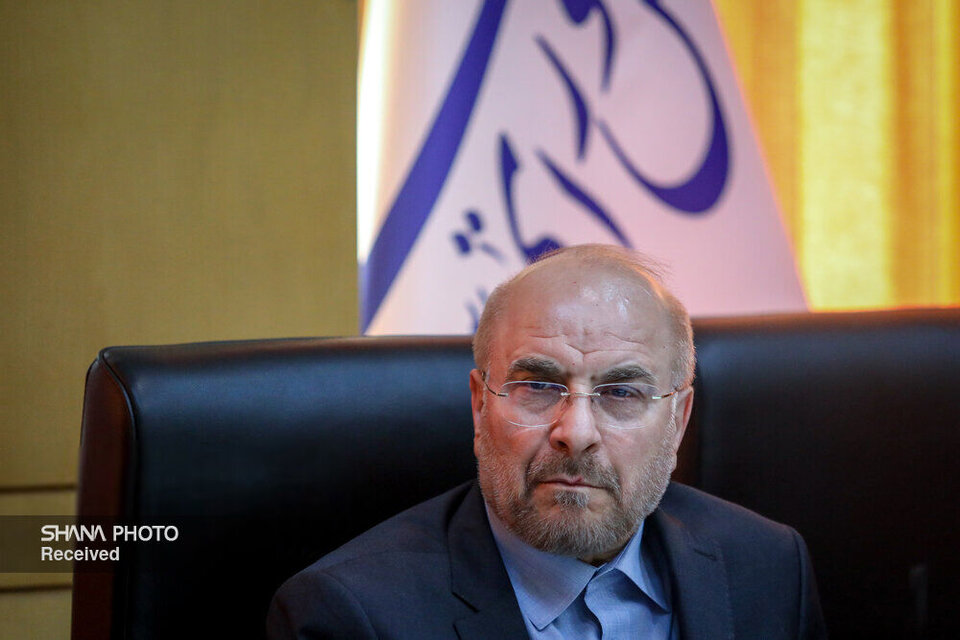Mohammad-Baqer Qalibaf also announced that public cooperation with President Masoud Pezeshkian’s request to lower home heating by 2 degrees Celsius has resulted in savings of 40 to 45 million cubic meters of gas.
Speaking at a joint meeting hosted by the Parliament’s Energy Committee on Sunday, attended by Energy Minister Abbas Aliabadi and Oil Minister Mohsen Paknejad, Qalibaf emphasized that Iran’s energy imbalance has been a recurring issue for years as he noted that recent discussions have largely echoed past conversations without significant progress, reported Tasnim News Agency.
Qalibaf underscored that while energy imbalance is often discussed, the root issue lies in managerial imbalance. “We don’t have an energy imbalance; we have a managerial imbalance. Until we address the latter, we cannot resolve the former,” he said.
The speaker highlighted structural flaws in Iran’s energy sector, both in production and consumption, which have led to policy-making errors.
He pointed out that while gas accounts for 9% of global energy production, it makes up 90% of Iran’s electricity generation.
“We use 30% of the country’s gas to produce 90% of its electricity. This reflects flaws in both policy and execution,” the senior MP said.
Qalibaf called for the establishment of a dedicated energy institution to address these issues, emphasizing that resolving energy imbalances requires clear production and consumption targets, as well as measures to reduce waste.
“Efficiency improvements, not just consumption cuts, are key to creating wealth and growth opportunities,” he added.
On fuel smuggling, Qalibaf expressed confidence that recent anti-smuggling measures would soon yield significant results.
“The government has exclusive control over energy resources, imports, and major fuel consumption. There is no excuse for the current gaps, and we are working closely with the government to address this,” he said.
He also mentioned that a definitive roadmap to address energy imbalances was finalized during a recent meeting of the heads of the three branches of government, attended by experts and ministers.
Qalibaf highlighted the importance of smart energy systems, predicting that 70-80% of the 30 million liters of fuel wasted daily could be saved within two months of implementing smart technologies, reducing the need for restrictive measures.
‘South Pars pressure boost project is critical’
Speaking at the meeting, Oil Minister Mohsen Paknejad stated that the South Pars pressure boost project is a top priority for the country.
The project, which includes seven phases, each costing $2.5 billion and taking 4-5 years to complete, is essential for increasing gas production.
However, he cautioned that resolving energy imbalances in the short term through this project may be unrealistic.
10,000 MW increase in electricity production
Energy Minister Abbas Aliabadi outlined plans to reduce energy imbalances, including upgrading the Siah Bisheh power plant to increase electricity production by 600 MW.
He noted improved investor interest in the energy sector and expressed hope that, with ongoing investments in renewables, electricity production would increase by over 10,000 MW next year. However, he acknowledged that the current energy imbalance stands at 24,000 MW.
Aliabadi also highlighted efforts to reduce energy losses through smart meters, aiming to cut losses to 25,000 MW which currently stands at 35,000 MW.


Your Comment